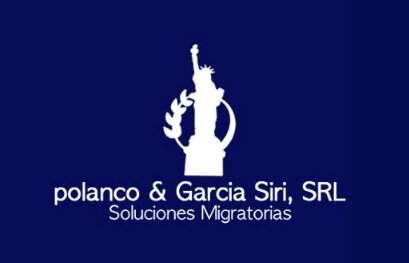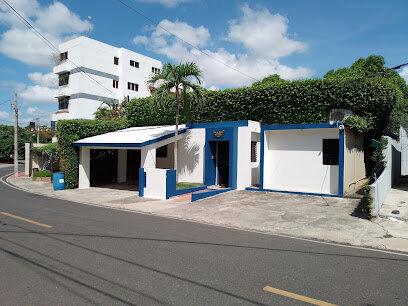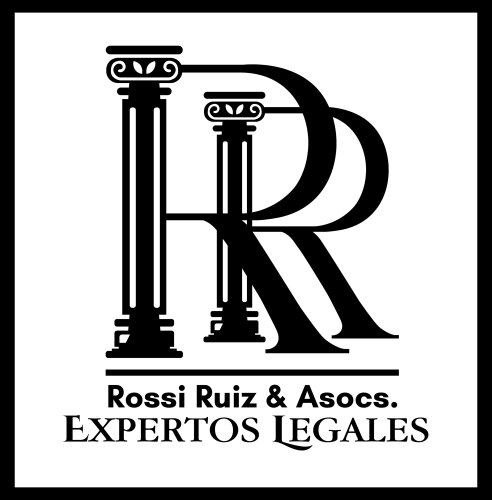Best Constitutional Law Lawyers in Dominican Republic
Share your needs with us, get contacted by law firms.
Free. Takes 2 min.
Or refine your search by selecting a city:
List of the best lawyers in Dominican Republic
About Constitutional Law in Dominican Republic
Constitutional Law in the Dominican Republic is centered around the Constitution, which serves as the supreme legal document of the nation. It establishes the framework for the government, delineates the separation of powers, and guarantees fundamental human rights and freedoms to all its citizens. The current Constitution was enacted on January 26, 2010, and has been central in shaping the nation’s legal landscape. Apart from defining the structure of the state, it also details the checks and balances necessary for the functioning of democracy, safeguarding the country's sovereignty, and ensuring equality before the law.
Why You May Need a Lawyer
There are numerous situations where seeking legal advice in the field of Constitutional Law might be necessary. These include confronting potential violations of constitutional rights such as freedom of speech, unjust detention, or discrimination. Legal help may also be required when challenging the constitutionality of government actions or legislation, during the protection or enforcement of electoral rights, and when navigating disputes involving separation of powers or checks and balances among governmental branches. Additionally, individuals or entities might seek legal guidance when drafting petitions or amendments to safeguard their constitutional rights.
Local Laws Overview
The Dominican Republic's legal framework is built on a civil law system, influenced by French law. Notable aspects of its Constitutional Law include the recognition and protection of human rights and liberties, the establishment of a democratic government with a clear separation of powers, and mechanisms for judicial review. Key areas include the role and authority of the Constitutional Court, which interprets the Constitution and safeguards its supremacy. Additionally, local laws emphasize citizen participation in elections and referendums, indigenous rights, and the promotion of social justice and equality.
Frequently Asked Questions
What is the role of the Constitutional Court in the Dominican Republic?
The Constitutional Court is an independent body tasked with interpreting and upholding the Constitution. It reviews laws and governmental actions to ensure compliance with constitutional provisions and handles cases related to constitutional rights violations.
How does one challenge a law's constitutionality in the Dominican Republic?
To challenge the constitutionality of a law, individuals or entities must file a claim with the Constitutional Court. Legal advice is recommended to navigate the procedural requirements and present a compelling case.
Can citizens propose amendments to the Constitution?
Yes, citizens can propose amendments through a formal process involving legislative approval and, in some cases, a referendum. Legal counsel can help navigate this complex process.
What rights does the Constitution guarantee?
The Constitution guarantees a range of rights, including but not limited to freedom of speech, religion, assembly, due process, equal protection under the law, privacy, and the right to education and healthcare.
How does the Constitution address discrimination?
The Constitution prohibits discrimination based on gender, race, religion, social condition, and nationality, promoting equality and inclusivity.
What are the implications of a constitutional violation?
Constitutional violations can result in judicial review, corrective measures, compensation for affected parties, and, in some cases, penalties against individuals or bodies responsible for the violations.
How is the separation of powers maintained?
The separation of powers is maintained through distinct roles and responsibilities assigned to the executive, legislative, and judicial branches, with each acting as a check on the others.
Can foreign nationals exercise constitutional rights in the Dominican Republic?
Yes, foreign nationals are entitled to certain constitutional rights but may have limitations compared to citizens. Legal consultation is advised in cases involving residency, work rights, and legal protections.
What is habeas corpus in the context of Dominican Constitutional Law?
Habeas corpus is a constitutional remedy protecting individuals from unlawful detention. It allows the court to assess the legality of an imprisonment and secure release if found unlawful.
How can a citizen participate in governmental decision-making?
Citizens can participate through voting in elections, referendums, and engaging in public consultations or roles in local government, with constitutional provisions supporting this involvement.
Additional Resources
Various resources can assist those seeking legal advice in Constitutional Law. The Constitutional Court and its official publications are vital for understanding legal precedent. Law schools and universities often host forums and publish research on constitutional matters. Additionally, governmental bodies like the Procuraduría General de la República provide guidance on human rights issues. Participation in civil society organizations such as Fundación Institucionalidad y Justicia (FINJUS) can also provide insights and advocacy support.
Next Steps
If you require legal assistance in Constitutional Law, begin by consulting with a lawyer specializing in this field. Gather all relevant information, documents, and details pertaining to your case and establish contact with local legal associations for referrals or advice. Evaluate the legal counsel based on their experience, reputation, and fee structure. Ensure that you clearly communicate your situation and objectives to seek the most suitable and effective legal remedy or guidance.
Lawzana helps you find the best lawyers and law firms in Dominican Republic through a curated and pre-screened list of qualified legal professionals. Our platform offers rankings and detailed profiles of attorneys and law firms, allowing you to compare based on practice areas, including Constitutional Law, experience, and client feedback.
Each profile includes a description of the firm's areas of practice, client reviews, team members and partners, year of establishment, spoken languages, office locations, contact information, social media presence, and any published articles or resources. Most firms on our platform speak English and are experienced in both local and international legal matters.
Get a quote from top-rated law firms in Dominican Republic — quickly, securely, and without unnecessary hassle.
Disclaimer:
The information provided on this page is for general informational purposes only and does not constitute legal advice. While we strive to ensure the accuracy and relevance of the content, legal information may change over time, and interpretations of the law can vary. You should always consult with a qualified legal professional for advice specific to your situation.
We disclaim all liability for actions taken or not taken based on the content of this page. If you believe any information is incorrect or outdated, please contact us, and we will review and update it where appropriate.
Browse constitutional law law firms by city in Dominican Republic
Refine your search by selecting a city.
















